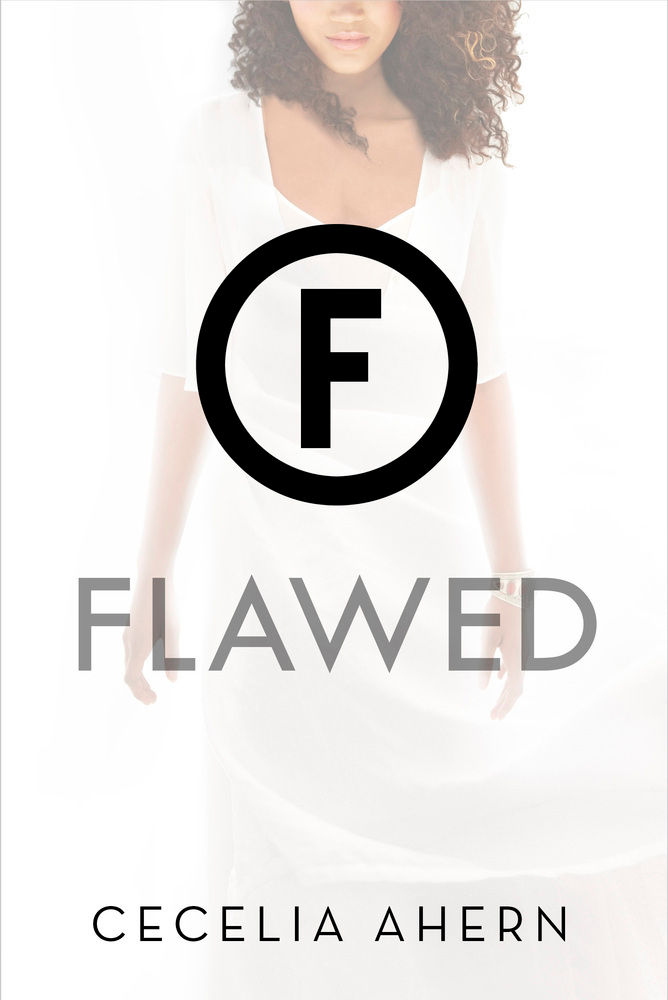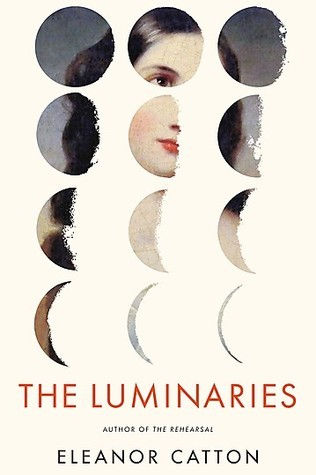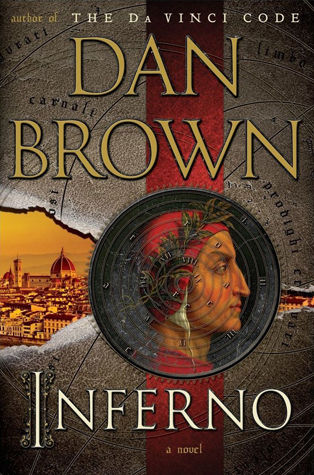Flawed - Cecelia Ahern
- majumdarshreyasi
- Jul 1
- 3 min read

3/5 stars
One review here likened this book to Marmite - that singular yeast spread that the British and Aussies swear by. The Asian analog would be Durian, the Kiwi version Vegemite and the Feijoa fruit. You either love these or hate them, there's no in-between. I'm Asian, and I've lived in New Zealand for a decade. I love neither Vegemite nor Feijoas, but I know for certain that they have a widespread appeal for the natives who've grown up with them. Some things are acquired; they grow on you. This book did not particularly grow on me - I found the writing to be fairly bland, a little immature at times. My opinion may be skewed, because I find solace and soul in words that are strung together effortlessly and impossibly, when their beauty simply flows like works of art (Karen Russell, Anthony Doerr, Anitha Krishnan). In Ahern's defense, the plain sentences are not surprising given that the author said (https://www.sarahwebb.info/blog/2017/...) she finished it in a mere six weeks - she says the idea came to her all of a sudden and took over all her moments and she simply had to expel it all, put it onto paper, write the story. And that's exactly what she did.
The plot is central to this book - it is what drives the story, not flowery verbiage or dramatic imagery. Power corrupts, and absolute power corrupts absolutely - that was the main theme running through the entire book, augmented by motifs of marginalised sections of society, their tribulations, the unfairness they face, the basic human right to freedom of will and speech, how absolutely corrupted absolute power can never keep its hold for ever - because there is always a voice, or several voices that become louder and louder as the selfishness and injustice grows and the voices multiply, till it becomes a movement, that finally snowballs into rebellion and then revolution. A fictional account of very real-life tragedies, this story evokes memories of social injustices meted out in history and those that continue in the present day, stifling the basic freedoms that by default should be accorded to all sentient beings. Think wars, think animal exploitation in every form or the defacement of the planet's natural treasures, think indigenous people as corporations encroach on millenia worth of traditions threatening not only their way of life, but their sustenance and very existence. Think Uyghur Muslims in China, think state of women under the present-day Taliban rule. Think differently abled people, immigrants and refugees, religious minorities and the LGBTQ communities around the world. The book is fictional, but the challenges and social issues it speaks of - don't they rage like wildfire today? That Ahern evokes sentiments surrounding this very real question, by placing this premise front and centre in her book, and by doing it with such ease, with fantastic plot twists, short, crisp and succinct chapters that keep the reader hooked and wanting to turn the page immediately, is laudable. Right until the very end, she keeps us riveted with the final chapter ending in a cliffhanger. Despite the conspicuous absence of beautiful language, I need to know what lies in wait for Celestine - does she become the voice of revolution? Does she meet Carrick? How does it turn out between them in light of the intense shared experiences that bond them, and the deep love she felt for Art that had to be abandoned due to extenuating circumstances? Do her apparent supporters continue to aid and abet her to help her on her journey? What happens to her parents and her siblings - how do they grow through this? And finally how does she bring about the downfall of the Judge Crevan - the evil antagonist who we all want to see branded as a flawed person himself in a satisfying culmination of karmic just dessert? I'll definitely be reading the sequel to this book - 'Perfect' to answer these questions and probably the most burning question of them all - can there really be a perfect society, and if so, what does perfection really mean in the truest sense?
As a Cecilia Ahern YA novel, this book was a pleasant surprise - it was strong, rational and irrational at once, and the basic premise of social injustice and fighting the good fight resonated with me considerably. It was a diversion from Ahern's typical writing zone - the YA romance genre (P.S. I love you, If you could see me now, Freckles etc.), and it worked alright for me. All in all, if you're not going ho about linguistic grace and impeccably structured sentences that get under your skin and find a place in your heart permanently, Flawed is an enjoyable and thought-provoking read.



Comments